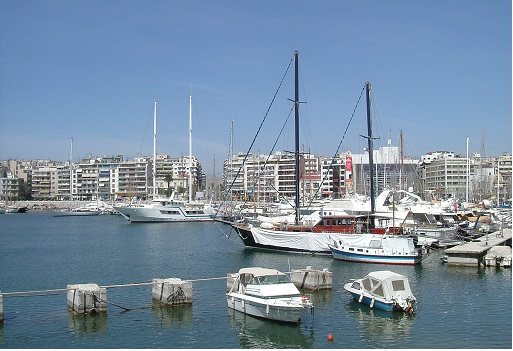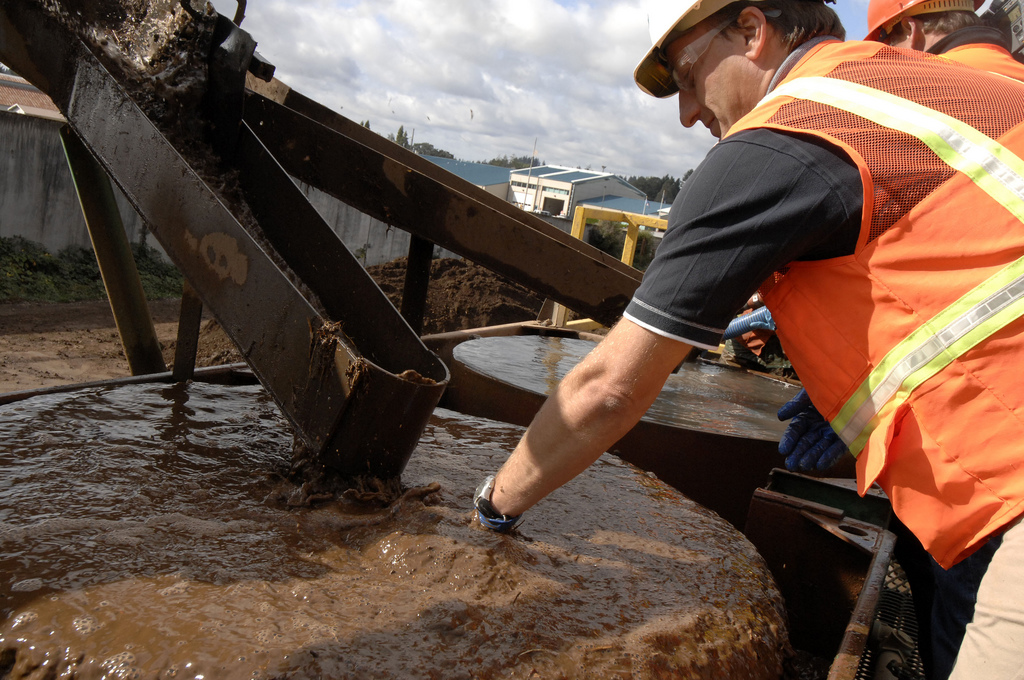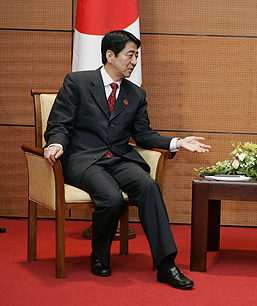A
midst the current furor in the international community regarding Greece’s default on the IMF loan, China has swept into the fray, with Chinese Premier Li Keqiang urging Greece to reach a deal with its creditors. He claimed this Tuesday, June 30, that “whether Greece would stay in the Eurozone is not a question that only concerns Europe, but also a question which concerns China and Europe.” It would certainly seem likely that Greece must pursue different ways to alleviate its debt as Europe remains steadfastly hardline, and with solutions ranging from unlikely to comical, reaching out to China may be Greece’s best bet.
China’s vision of a new Silk Road is well supplemented by its interest in Central and Eastern Europe, a region historically neglected by the European Union. The “16 + 1” meetings, consisting of Central and Eastern European (CEE) countries along with China, have been structured with the goal of China’s doubling its trade there by 2018. Chinese investment would consist primarily of building infrastructure in the energy, transport, and agricultural sectors, thereby fulfilling three pressing issues for an expanding China: energy security, expanding markets, and ensuring food supply.
As China phases away from coal and other fossil fuels, it must look towards keeping an increasing supply for its energy-hungry industries. By investing heavily into power plants in Central Europe, China can ensure energy supply, especially for regional infrastructure projects in Europe. With economic growth sliding, a larger market would help revitalize an otherwise stagnating supply chain. In a political sense, this is seen by the Chinese media as historical karma. In the early years of Mao’s China, Central Europe was technologically superior and contributed much to the development of China’s industry and infrastructure. Sixty years later, it’s ‘time’ for China to assume the senior partnership and provide a guiding hand, furthering President Xi Jinping’s plans for the expansion of China’s soft power.
Greece is important,  almost critical, to the Chinese strategy mainly due to its port of Piraeus, partly owned by Chinese shipping company Cosco. The strategic geographic location of the harbor remains the primary reason China is interested in saving Greece from debt and expulsion from the Eurozone as it serves as a gateway to the rest of Europe. Greece has historically been a net-import country, it’s only major export being tourism. This serves China’s purposes perfectly as a primarily export oriented nation, and in an interview with two Chinese professors of foreign policy conducted by Sina News, they firmly assert China’s need to intervene in Greece. Song Xinning, from the School of International Studies at the Renmin University of China, claims that Greece is a “cornerstone” of China’s European policy. Chinese intervention in Greece should not affect its relationship with the EU, as it is in everyone’s best interest that Greece make an economic recovery, so the creditors can expect to receive their money and Greece can go back to being a functioning nation.
almost critical, to the Chinese strategy mainly due to its port of Piraeus, partly owned by Chinese shipping company Cosco. The strategic geographic location of the harbor remains the primary reason China is interested in saving Greece from debt and expulsion from the Eurozone as it serves as a gateway to the rest of Europe. Greece has historically been a net-import country, it’s only major export being tourism. This serves China’s purposes perfectly as a primarily export oriented nation, and in an interview with two Chinese professors of foreign policy conducted by Sina News, they firmly assert China’s need to intervene in Greece. Song Xinning, from the School of International Studies at the Renmin University of China, claims that Greece is a “cornerstone” of China’s European policy. Chinese intervention in Greece should not affect its relationship with the EU, as it is in everyone’s best interest that Greece make an economic recovery, so the creditors can expect to receive their money and Greece can go back to being a functioning nation.
Obviously, China cannot directly shoulder the costs of Greece’s €220 billion debt, as its own economy has slowed down significantly. Shang Yuhong, of the Institute of Research in CEE Trade in Shanghai, says that the best way for China to contribute is to focus on infrastructure for ports and manufacturing, which China has in excess. A large factor in the stagnation of China lies in an excess supply of construction infrastructure caused by state overfunding while wages and domestic consumer demand remain low. Overcapacity of infrastructure is easily solved by creating a larger market, hence the 16 + 1 program. By expanding infrastructure markets to Greece and the rest of the CEE countries, China not only has a way to address its economic woes but also increase its influence in the region, isolating Russia more (thereby giving themselves the upper hand in Sino-Russian negotiations) and connecting it to the EU. The concessions that Tsipras is willing to give China on the port of Piraeus will play an overwhelming factor in how far China is willing to go to help Greece, as the Syriza government had previously shut down Chinese plans to expand their hold on the port due to pressure from labour unions. The left-wingers contest privatization at every turn, and making deals with China runs completely counter to the policies which got them elected.
The European Union doesn’t want to deal with Greece anymore. That is understandable. For China and Greece, however, both sides can profit and escape the circumstances they have found themselves in. Greece and Tsipras are playing a dangerous game, and though China represents a large question mark, it is an option worth pursuing.




